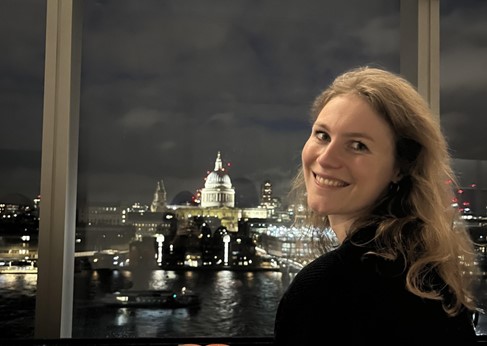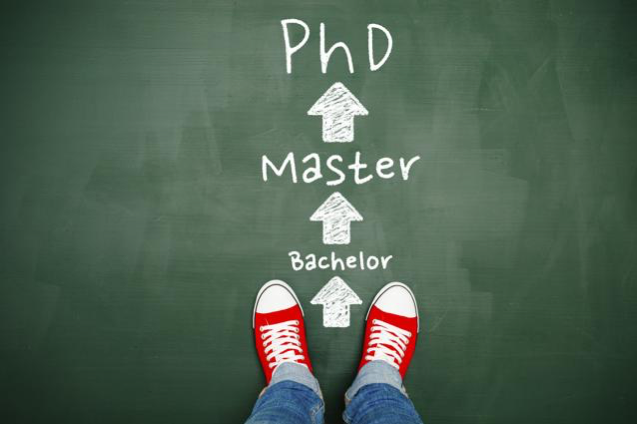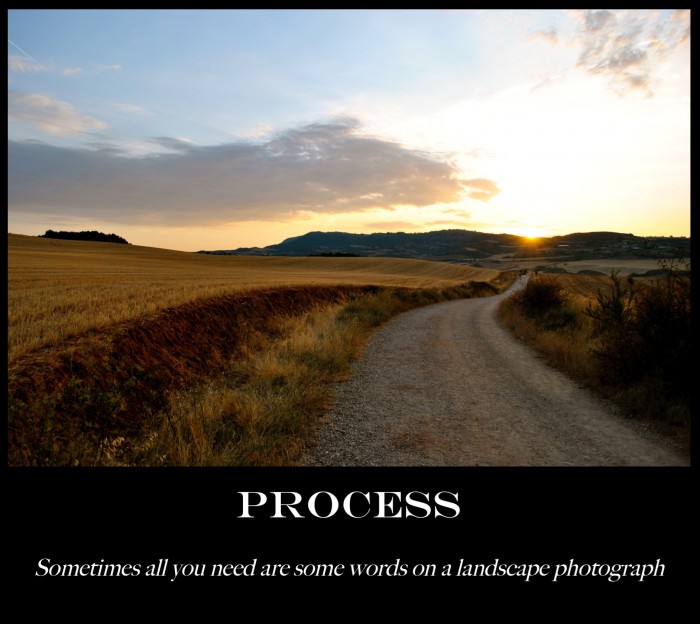
Iona, the EDIT lab’s newest PhD student, reflects on what she learnt while applying for PhD programmes and her best tips for success.

Iona, the EDIT lab’s newest PhD student, reflects on what she learnt while applying for PhD programmes and her best tips for success.

In this blog, Julia Funk (Visiting PhD student) shares her experience of visiting another lab.

Having completed a good ¾ of my PhD remotely, I like to think that I’ve learnt a thing or two about motivation, reflection, and time-management. Here are a few things I’ve realised over the last 18 months that I am going to try and keep reminding myself of as I…

Helena discusses collaborative (CASE) PhD studentships and the mutual benefits of working with her non-academic partner, Beat charity. What are CASE studentships? Collaborative (CASE) Studentships, formerly known as “Collaborative Awards in Science and Engineering”, are funded PhD studentships in which the student works in partnership with a…

In this post Yasmin and Molly discuss their experiences of doing a part-time PhD. They talk about what this includes as well as giving some of their top tips for those considering going down this route.

Georgina trained as a Clinical Psychologist at the Institute of Psychiatry, Psychology and Neuroscience. She is currently in her final year of a PhD and Clinical Research Training Fellowship, funded by the Medical Research Council. Here she reflects on her experience of moving from clinical work to research.

A PhD is the ideal route for anyone hoping to pursue an academic career, who is hard-working, self-motivated and passionate about research. It is usually a three-year, full-time, postgraduate degree in which you work on a specific topic to produce an original piece of research. At the end, you get…

Recently, I completed my PhD studies in the EDIT lab, wrote my thesis, had my viva, and entered into a transcendental state of holistic wellbeing (or three of those four). Now I’m coming to terms with life in the real world*

Completing a PhD can often seem like a Sisyphean (or perhaps Bush-ian?) task. Of course, there are times when it doesn’t feel that way (ah, March 26th, what a day that was actually…). In general though, we expect stress – and we get it. But surely there’s a better way?
Recent Comments